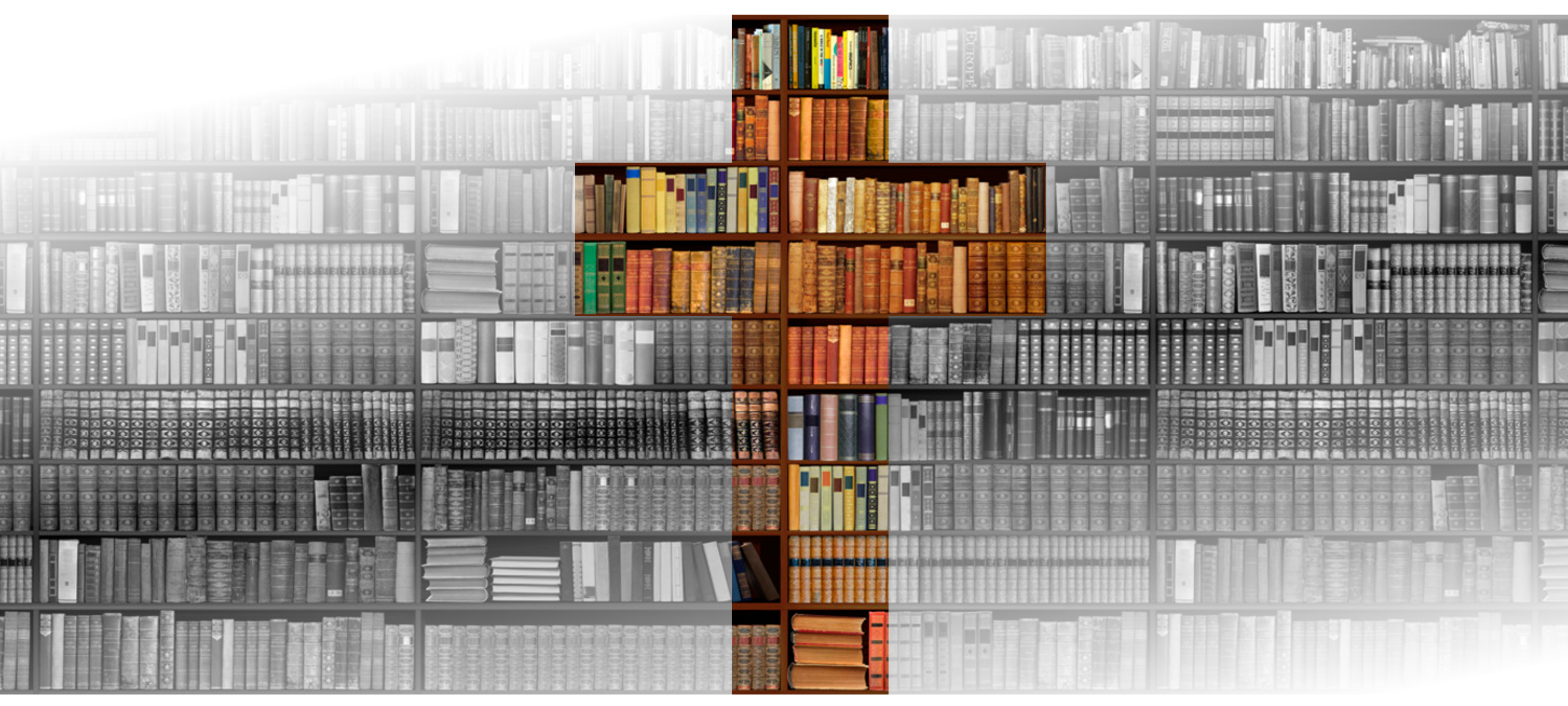Peter
The Steam Halloween sale is currently on, so if you’ve been eyeing something spooky on the PC, there’s a decent chance it’s on sale now. Gog.com is also doing a Halloween Sale. Out of the stuff on offer, I’d personally recommend Darkest Dungeon, Hand of Fate, F.E.A.R. 2, and Vampire: the Masquerade: Bloodlines as stand-outs. Gog.com also has a bunch of old classic D&D PC games on sale. Steam also has Cabin in the Woods for about 6 bucks if the mention of that in Episode 118 piqued your interest.
This was written a while back, but since I’m on a bit of a video game kick this time anyway, please please take the time it’ll take you to read A Year in Stardew Valley. It’s one of the best pieces of games writing I’ve ever come across. (A little bit of coarse language, but not an excessive amount.)
Down by the river, also outside of the village, there lives a woman called Leah. Like me, Leah has given up her previous life and moved to Stardew Valley to be an artist. She paints and carves, working day after day trying to improve, and she spends a lot of her time alone. She’s humble about what she does and has nothing to prove to anyone, but I know what sort of things will happen if she spends day after day, week after week, practising her craft. She has a book on her bookshelf called “How to Deal with Overbearing People.” I want this book.
My last article covers a meeting of various Middle-Eastern deonominations of Christianity that happened in Germany recently. This really brings to mind Galatians 3:28.
“Never in the 112 years history of this Evangelical church building in the center of the German capital has the colorful variety of Christian faith been more obvious,” wrote Katja Dorothea Buck a journalist who covers religion and politics in Germany.
“Prayers, lectures and hymns were performed in Aramaic, Syriac, Armenian, Coptic, English and German. Ethiopian, Armenian, Syrian and Coptic church choirs contributed with their respective liturgical music.
Jenny
To add on to what Peter said about the Steam Halloween Sale, I can also recommend Sunless Sea, Crypt of the Necrodancer, and Night in the Woods very strongly. Sunless Sea (and Fallen London, the browser game from which it was derived) would make for an exceptional Call of Cthulu setting.
I’m a pretty big fan of Afrofuturism as a genre, as well as African-based fantasy. Western mythology gets a whole lot more spotlight than African mythology, and I think that can lead to a limited perspective on what fantasy and sci-fi have to offer. That’s why I’m excited to see what Bastion has to offer. (No relation to the excellent video game.)
Bastion is a post-apocalyptic fantasy game with an Afrocentric point of view, set in the last city at the edge of the world. A fantasy horror game where decay and the warping power of animated chaos twists everything it touches.
In the dying land of Ife Oodaye, Bastion is the last city of the free people. Its high walls shelter the survivors of the great devil that hungers to destroy them. It is here that the last embers of hope burn.
If you’d like a crash-course in biology, Canadian history, and a potentially really cool band name, have I got the article for you. One woman is responsible ~89% of cases of a particular type of blindness in Quebec.
So well-documented is French Canadian genealogy that professional geneticists and demographers use the data for research, too. Whenever a small group of people leave a large population (France) to found a new one (New France), they bring with them a particular set of mutations. Some of these mutations will by chance be more common in the new population and others less so. As a result, some rare genetic disorders disproportionately impact French Canadians.
One of these is Leber’s hereditary optic neuropathy, which causes vision loss, usually in young men. Recently, geneticists using French Canadian genealogy have reexamined the effects of Leber’s and found a striking pattern of inheritance: It seems to show a long-theorized but never-seen-in-humans pattern called the “mother’s curse.”
Life is neither easy nor fair. It’s a hard lesson to learn, and it seems that it must be relearned again and again. This article has been going around in my various social media circles, and I think it drives home the point quite nicely.
“God doesn’t give us more than we can handle” somehow flows from the lips of the one who wants to comfort, but who subconsciously knows nothing will.
But here’s the problem: Those words aren’t actually comforting to us the way you hope or intend them to be. So here’s a few reasons why many of us who are experiencing painful life chapters would *really* like you to plllleeeeaaase stop saying this to us…
Grant
Are we doing Steam Halloween Sale recommendations? I guess we are! Here’s mine: Antichamber (80% off, at only $3.99!), a tremendous puzzle game; Kerbal Space Program (40% off, at $23.99), for years of spaceship building and orbital mechanics learning; and Overcooked (66% off, at $5.77), for hilarious multiplayer that might also cause divorces. Good games, all.
Matt Civico over at Geekdom House recently published an excellent article on the Sabbath (which, you might recall, we talked about semi-recently as well.) “The Importance of Rest and Save Points” covers those same points excellently:
I can’t carry every burden that breaks my heart, but I don’t have to feel guilty for needing rejuvenation. Being in relationship with others means sharing weakness. Sometimes I need to ask for help, and be filled, instead of constantly fulfilling their needs. Sometimes I need take a break, and that’s hard. The truth is that I’m still learning this lesson, and I’m still suffering the consequences of ignoring the healthy limits of my abilities. It may hurt to remember how small and finite I am, but the alternative is a sure slide towards Game Over.
Tangentially related to Peter’s article about a cross-denominational meeting in Germany: Marc van Bulck’s Cringe podcast recently interviewed the members of Abraham Jam, and it was fascinating. Abraham Jam is a collaboration between musicians Dawud Wharnsby, Billy Jonas, and David LaMotte, who are each members of the different Abrahamic faiths—indeed, that’s the whole point of the project! (And no, this isn’t only me being a David LaMotte fan.) I strongly recommend listening to the episode, which interviews each member in turn and asks very interesting questions. It doesn’t hurt that Marc van Bulck is a pastor himself, and a great podcaster!
Neima Jahromi wrote an excellent article in The New Yorker on “The Uncanny Resurrection of Dungeons & Dragons”. This is a topic that seems to be picking up steam in major media outlets lately—a sort of surprise that D&D is back—but the article is really quite good, focusing on a board game café that runs D&D games:
Freeman refused for a week or two—the game was too open-ended, and didn’t have a straightforward cognitive benefit—but the customer persisted, so he went up into his parents’ attic, dug out all his old D. & D. manuals, and wrote an adventure. “I tried to give them a little flavor of everything,” he told me, “A little dungeon crawl, a little fighting monsters. They ate it up.” Word got out. A few months later, a parent stopped him on the street with tears in her eyes. “What are you guys doing?” she asked him. Her son was dyslexic and had been role-playing at Brooklyn Strategist for a couple of weeks. Before D. & D., he couldn’t focus on writing for more than a few seconds. Now he was staying up all night to draft stories about his character. “Whatever it is, bottle it and sell it to me,” the mother said.
Finally, and completely unrelated to anything I usually post but utterly fascinating: Someone went to the trouble of visualizing all the different sorting methods programmers use to sort data, and it is mesmerizing. I mean, look at this!



